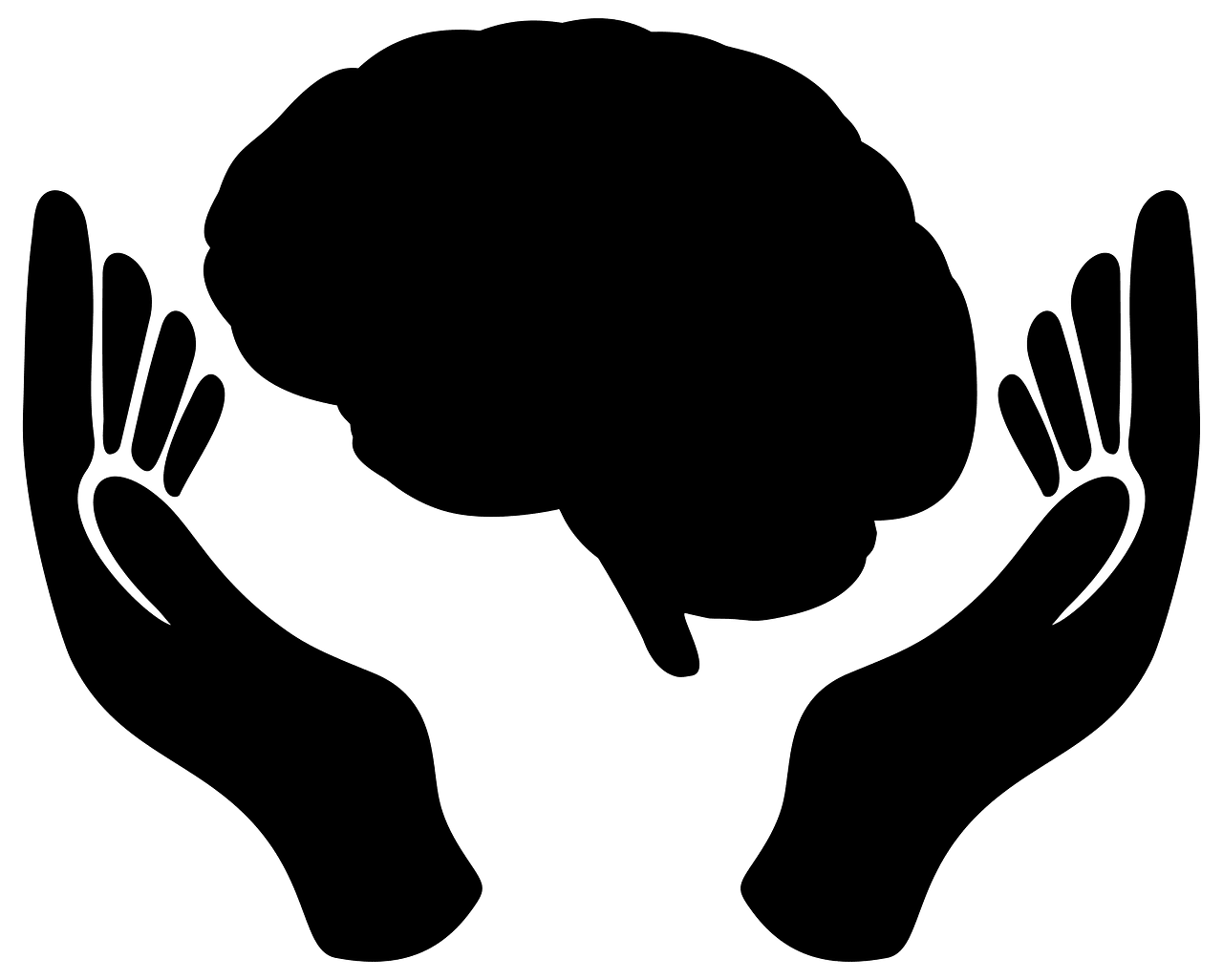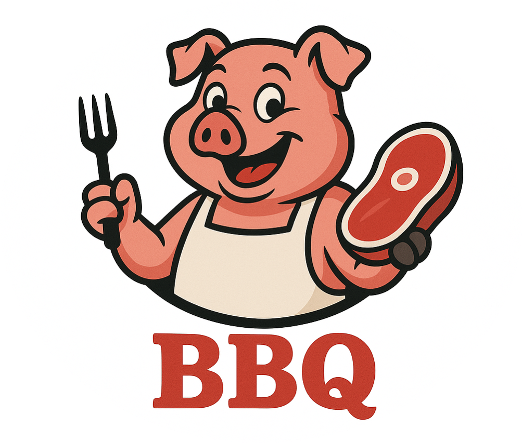My past and ongoing research focuses on four key areas:
Knowledge, culture, and moral belief
Are beliefs about culturally valued domains resistant to change, or responsive to morally relevant, factual information?
How does harm perception shape consumers’ moral cognition?
Papers:
Gilbert, I. & Niemi, L. (under review). Paper about moralization of culturally protected industries [title redacted].
Perceptions of industry and industrial moral agency
Do people perceive industries as moral agents?
Are industries attributed responsibility/blame for harm in the same way as other organizations (corporations, small businesses)?
How are consumers situated within people’s mental representations of industries, and under what conditions are consumers held responsible for industry outcomes?
How do lay people think about industry structures?
Papers:
Gilbert, I. & Niemi, L. (in prep). Moral minds of markets: Perceptions of the moral agency of industries, companies, and their constituents.
Linguistic analysis of dairy industry discourse
How do cognitive frames structure consumer perceptions of dairy farming?
What moral and social values underpin farmers’ beliefs/attitudes about their industry, and how are these values linguistically instantiated?
Papers:
Gilbert, I., Poole, R. & Niemi, L. (2024). The sociomoral construction of the dairy industry on social media. Qualitative Research in Psychology, 22(1) 286–313 [link]
Gilbert, I. (2021). Framing #Februdairy: An ecolinguistic analysis of dairy-industry discourse on Instagram. Southern Journal of Linguistics, 45(1), 50–75. [link]
Anthropomorphism and marketing
Why are anthropomorphic mascot animals effective for marketing meat?
What persuasive mechanisms underlie the branding, purchase, and consumption of animal products?
How does anthropomorphism interface with moral cognition, both theoretically and in marketing contexts?
Papers:
Gilbert, I. & Niemi, L. (in prep). Marketing meat and the paradox of anthropomorphic animals in advertisements.



